College of Human Sciences
Unisa symposium focuses on water quality challenges and solutions
On 21 October 2022, the College of Human Sciences (CHS) hosted a symposium on Water Quality in South Africa, with a specific focus on the impact of acid mine drainage (AMD) and its treatment.
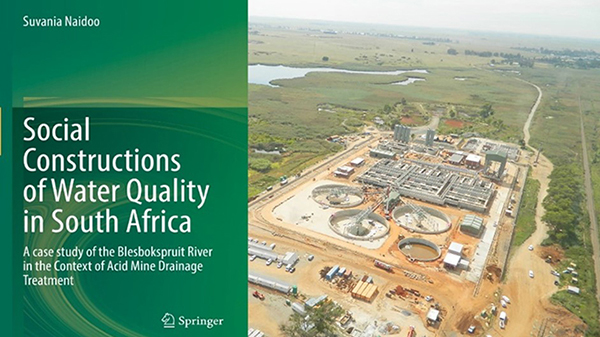
At the event, Dr Suvania Naidoo, CHS Head of Teaching and Learning, Community Engagement and Student Support, spoke on the findings of her book published in May 2022, entitled Social Constructions of Water Quality in South Africa: A Case Study of the Blesbokspruit River in the Context of Acid Mine Drainage Treatment. The findings of the book have direct implications for public policy.
AMD pollutes both ground and surface water supplies as acidic water and toxic metals from decommissioned coal and gold mines filter into rivers. In Gauteng, the national government, through the Department of Water and Sanitation, has implemented the short-term treatment of AMD in the three basins of the Witwatersrand.
AMD water is abstracted from the mine shafts and pumped into a high-density sludge plant, where the water is neutralised or partially treated with lime and then discharge into the nearest water course. This process is thus able to remove the heavy metals for this toxic water but still contains high sulphate levels. High sulphate levels worsen the quality of the water in the river receiving the discharged water. In Gauteng, in the case of the Blesbokspruit (as a tributary of the Vaal River) the discharge of this neutralised water can eventually increase the pollution in the Vaal River.
In a country such as South Africa where concerns about water quantity are alarmingly increasing, it is coupled with concerns about water quality. Increasingly high demands for water, competition over access to available water and the increased incidents of water pollution will have dire impacts on agriculture, food security, health and human well-being. Naidoo’s specific focus is on the mining industry’s impact on our water resources, how mine water is managed, and the policy implications of these factors.
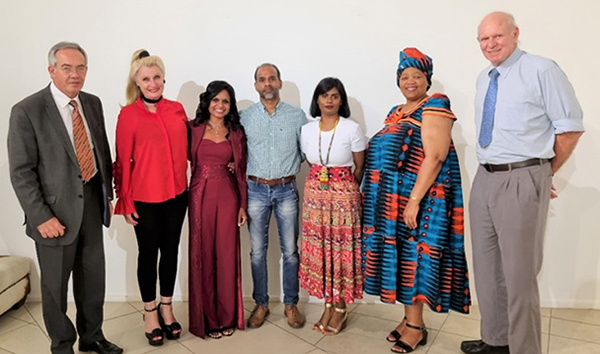
From left: Prof Dirk Kotzé (Political Sciences, Unisa), Mariette Liefferink (CEO: Federation for a Sustainable Environment), Dr Suvania Naidoo (CHS Head of Teaching and Learning, Community Engagement and Student Support), Bashan Govender (Senior Manager: The Impact Catalyst), Dr Genevieve James (Deputy Director: Community Engagement & Outreach, Unisa), Prof Zethu Nkosi (CHS Acting Executive Dean) and Dr Anthony Turton (Environmental Advisor and Water Specialist)
The guest speakers shared their insights into current issues faced by Gauteng’s water systems. Dr Genevieve James (Deputy Director: Community Engagement and Outreach, Unisa), the programme director for the event, expressed the importance of this topic in the context of engaged scholarship.
The keynote address was presented by Bashan Govender (Senior Manager: The Impact Catalyst). As the previous Deputy Director at the National Department of Water and Sanitation he was directly involved in the policy formulation and treatment of AMD in the Witwatersrand. He emphasised that managing the challenges of mine water on the environment will require regulators and society to work together to achieve solutions that are mutually beneficial.
Mariette Liefferink (CEO: Federation for a Sustainable Environment) provided context on the significance of civil society playing a watchdog role in securing access to, and ensuring the quality of, water. Dr Anthony Turton (Environmental Advisor and Water Specialist) emphasised that water should not only be isolated to a policy matter but is a national security issue. According to him, water in South Africa was already 98% allocated by 2002, therefore we had already depleted our water resources decades ago. He stressed the importance of recycling water to address the extent of water scarcity. Prof Dirk Kotzé (Political Sciences, Unisa) stressed the necessity of considering public opinion in the formulation of public policy. He suggested that the book’s case study should serve as an example of how one determines what the public opinion is, using social constructionism.
* Submitted by the College of Human Sciences
Publish date: 2022-10-28 00:00:00.0


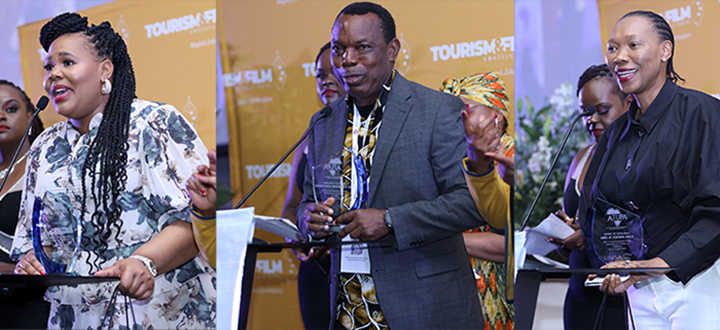 Unisa and ATUPA recognise researchers for ingenuity and innovation
Unisa and ATUPA recognise researchers for ingenuity and innovation
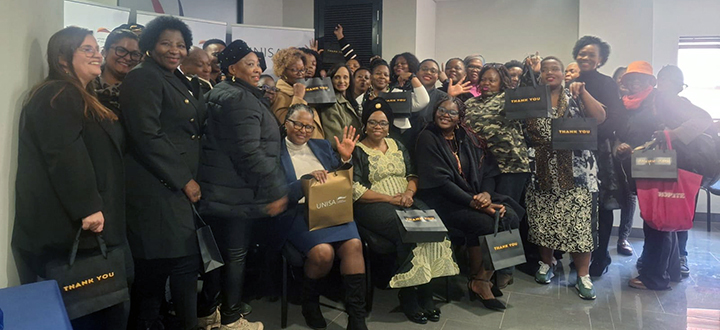 Recognising the unceasing resilience of women
Recognising the unceasing resilience of women
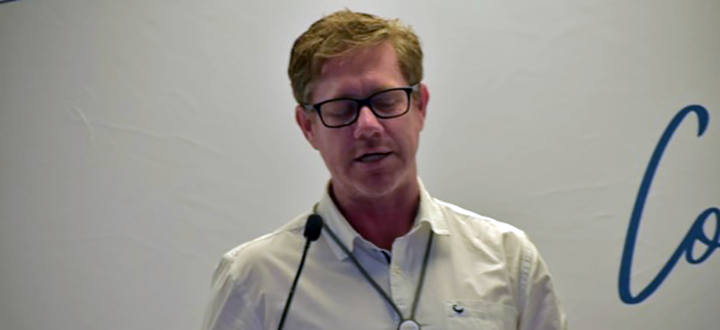 Unisa and SHECASA promote institutional health and safety
Unisa and SHECASA promote institutional health and safety
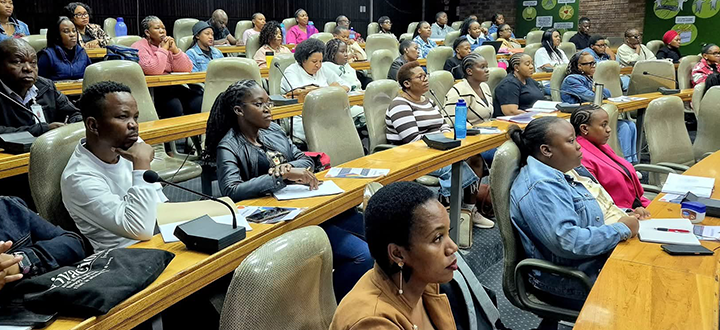 Effectual partnership to advance public health knowledge
Effectual partnership to advance public health knowledge
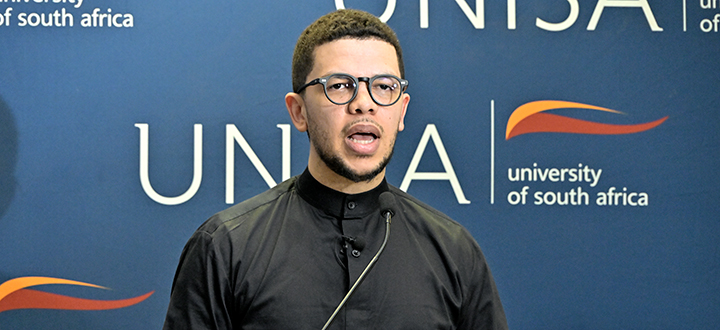 OR Tambo remembered as a radical democracy builder
OR Tambo remembered as a radical democracy builder